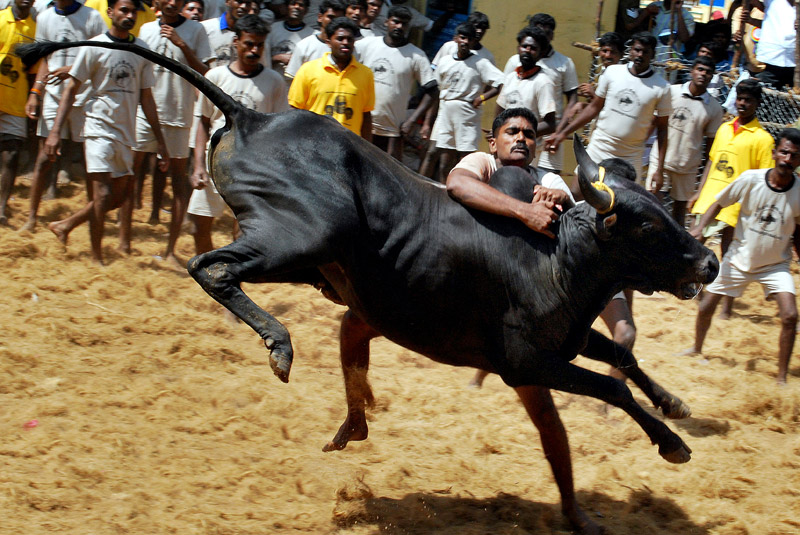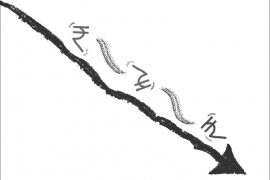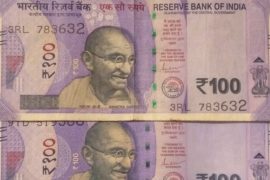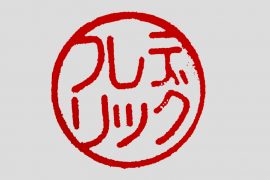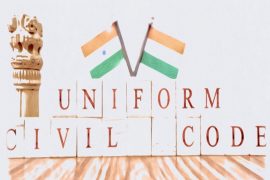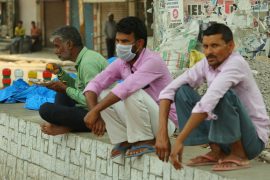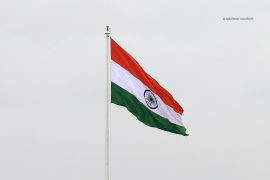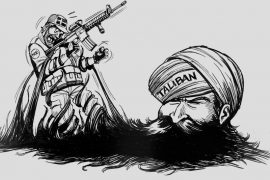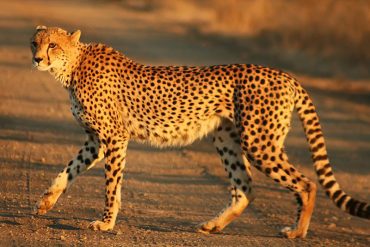For much of Tamil Nadu’s history, Jallikattu was practised at the onset of the harvest season (Pongal), where young men wrestle their village’s fiercest bulls for good fortune or a prize. The reward could vary – a bride, bag of money (Jalli means ‘coin’ and ‘kattu’ is a pouch kept between the bull’s horns), a bicycle or CD-player.
It starts by letting the bulls out of an enclosure called a ‘Vaadi Vaasal’. These bulls are stout and powerful indigenous breeds like the Pulikulam, native to the Sivagangai, Madurai and Virudhunagar districts in Tamil Nadu. The men must then attempt to bring the raging bull to a halt, by grappling its horns or hump until the animal throws them off (marking failure) or falls down.
The Supreme Court banned the practice in May 2014 – and two years of uncertainty went by, as the state government attempted to challenge the verdict. In January 2016, the Centre revoked the ban – following which the court stayed their order.
Spate of protests sparked across Tamil Nadu when it became clear that the matter would not be resolved before this years Pongal. Jallikattu has been entrenched in a debate between animal rights and cultural identity. For some, it’s a blood sport. For others, it’s Tamil identity.
Copyright©Madras Courier, All Rights Reserved. You may share using our article tools. Please don't cut articles from madrascourier.com and redistribute by email, post to the web, mobile phone or social media.Please send in your feed back and comments to editor@madrascourier.com

